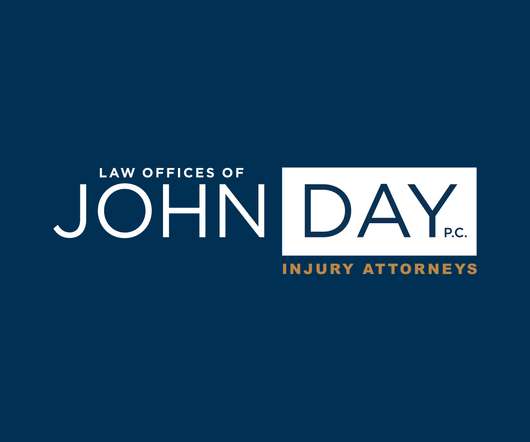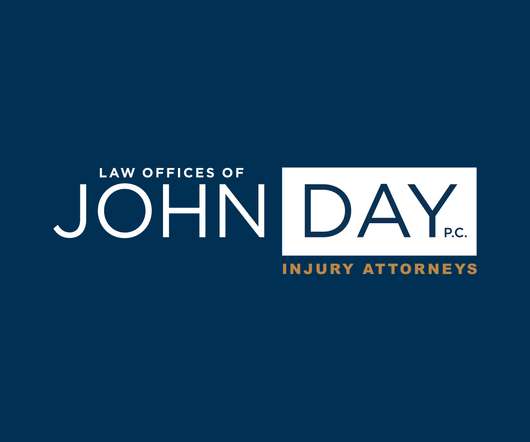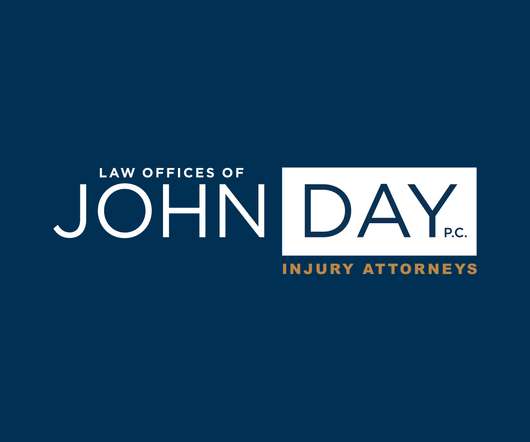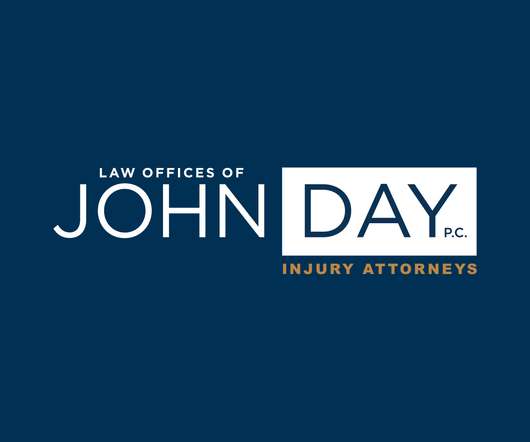Compensatory damages equal to amount plaintiff paid for home affirmed in fraud case.
Day on Torts
DECEMBER 5, 2022
Where there was material evidence to show that plaintiff met her required due diligence, the jury verdict for plaintiff on her intentional misrepresentation and fraud claim was affirmed. First, the Court of Appeals found that defendant waived his argument that the evidence supporting fraud was not legally sufficient.














Let's personalize your content